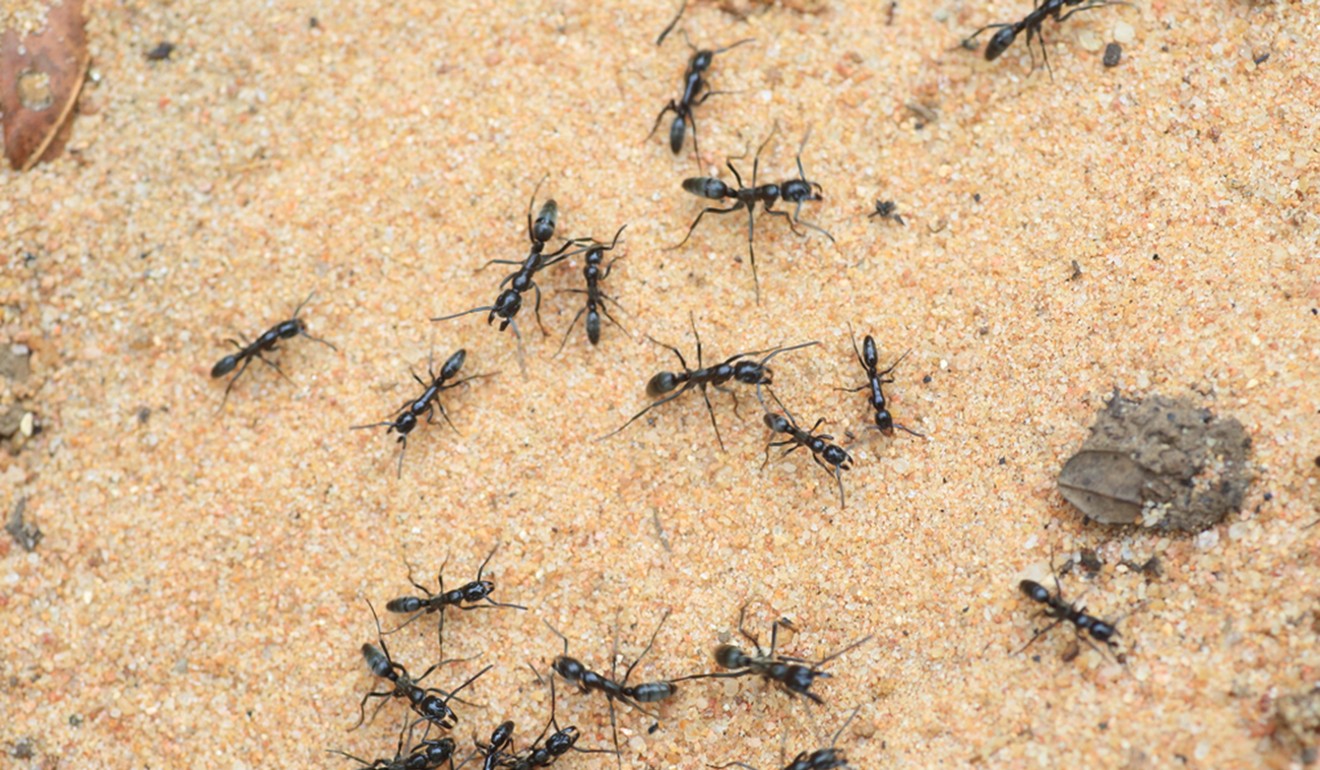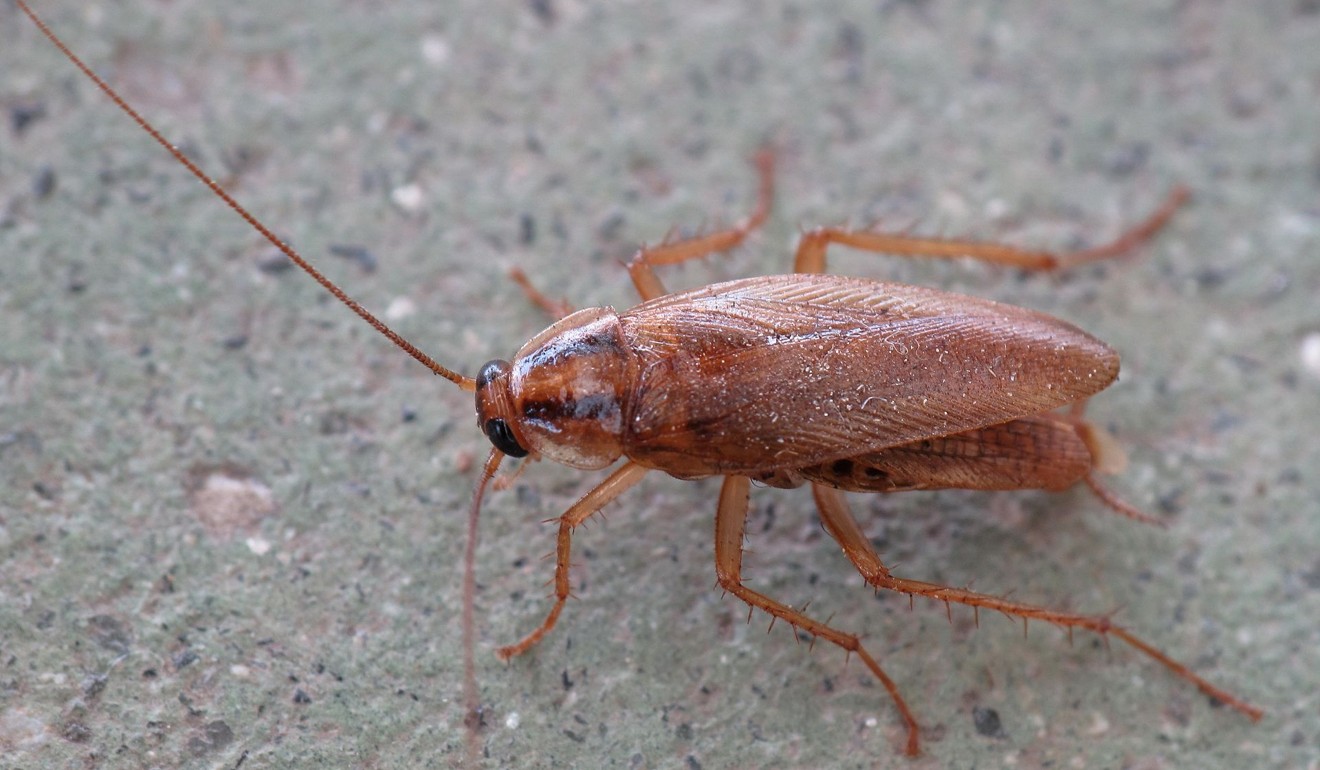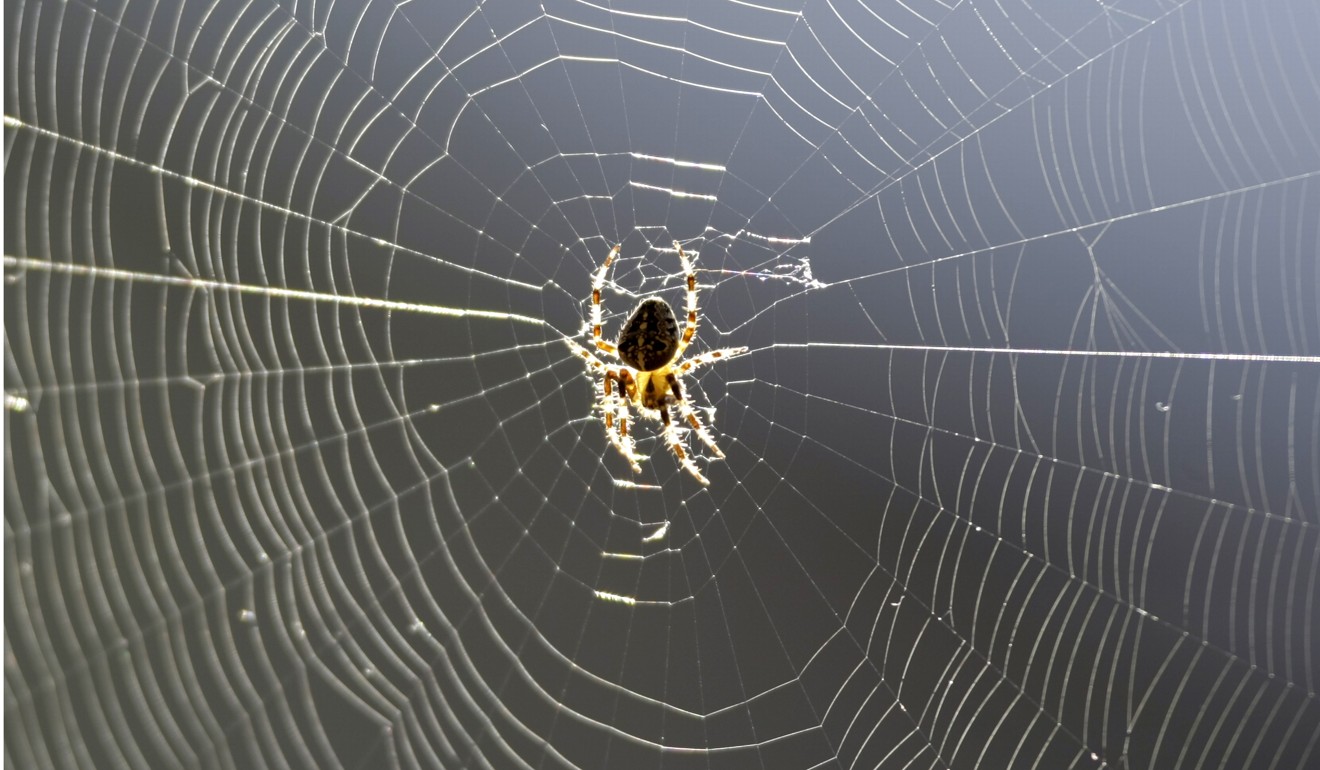
Your house is a big bug habitat and you can’t do anything about it
That is the conclusion of a five-year, five-continent effort to understand the creatures we share our houses with
Michelle Trautwein hates to tell you, but your home belongs to bugs.
They are in your basement and your attic. They are scuttling along floorboards and windowsills. They have turned your kitchen cabinets into complex ecosystems – complete with scavengers and parasites, predators and prey. And there’s nothing you can do about it.
That is the conclusion of Trautwein’s five-year, five-continent effort to understand the creepy crawly roommates with whom we share our homes.
“We’ve been sampling houses all over the world, and it’s true globally,” said the California Academy of Sciences entomologist. “Bugs don’t respect the limitations, the borders we’ve created. They just view our houses as extensions of their habitat.”
These invertebrate interlopers, she continued, are “an inevitability of living on the planet”.

Trautwein and her colleagues have sampled homes in bustling cities and rural villages in the United States, Australia, Japan, Peru and Sweden. Soon, they hope to visit Africa and Antarctica.
In 2012, the team convinced 50 homeowners in Raleigh, North Carolina, to let them look for bugs inside their houses. Decked out in headlamps and knee pads, the scientists spent hours crawling around on the floors of the strangers’ homes, gently swabbing for critters and depositing their finds in tiny plastic vials.
For their latest paper, published in the journal Scientific Reports, Trautwein and her colleagues wanted to figure out what features of a building make it friendlier to bugs. So they scored each home on a number of metrics: degree of cleanliness; amount of clutter; presence of pets, pesticides, dust bunnies; number of windows and doors. To avoid controversy, homeowners were not told how they ranked on the cleanliness scale.

To Trautwein’s surprise, “nothing seemed to make a difference” when it came to bug diversity. Each home had an average of 100 species living in it, regardless of how often the residents cleaned or how many pets they had.
Most arthropods – the group that includes insects, spiders, millipedes and many other spineless creatures capable of giving you the heebie-jeebies – prefer ground floor, high-traffic rooms with carpeting and lots of windows and doors.
“Which makes sense,” Trautwein said, “since a lot of what we live with is just kind of filtered in from the outdoors.”
When they headed down into cold, damp basements, the researchers discovered a distinct population of darkness-loving cave-dwellers: camel crickets, millipedes, tiny crustaceans.
These creatures are not just temporary interlopers; they have formed food webs as complex as any you might find in the outdoors. There are prey animals, like scuttle flies, fungus gnats and book lice, which feed on sloughed-off skin and dusty detritus that collect in corners and under furniture. There are opportunistic feeders, like ants. And there are predators – cobweb spiders, ground beetles.

Some creatures, like the German cockroach, are found almost exclusively among humans – they have evolved to live within walls, instead of trees and grass.
“That gives us the indication that this is really a kind of community that is building indoors,” Trautwein said.
The study dealt with diversity, rather than quantities of bugs, and Trautwein was quick to clarify that there’s a difference between ordinary household bug communities and an infestation.
But she believes some level of bug diversity in a home is probably healthy. Trautwein noted the growing evidence that some modern ailments, such as allergies and autoimmune diseases, may be more likely to occur because we are not exposed to as many microbes when we are young. Insects may play a helpful role in hosting and spreading microbial diversity indoors.

Humans have been building homes for about 20,000 years and though we might think of ourselves and our residences as apart from nature, the reality is that we are just apes who like to build particularly elaborate nests. From a bug’s perspective, a house is as good an ecological niche as any to exploit.
Already, the initiative has yielded discoveries. The sampling of homes in Peru led to the detection of a new genus of beetles. The scientists have also sent many fly samples to taxonomic experts; several of them may belong to species that have not yet been named.
“We think the places where big discoveries are yet to be made are exotic rainforests or the bottom of the ocean,” Trautwein said. “But there’s still so much we don’t know about the places where we live.”

